Top 10 Great Indian Scientists And Their Contributions
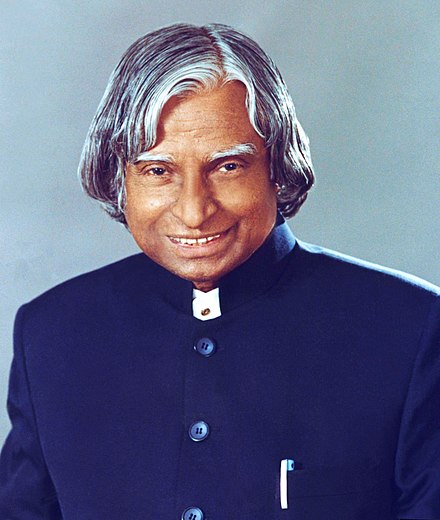
India has a rich scientific heritage and has produced several eminent scientists who have made significant contributions to various fields of study. From ancient mathematicians and astronomers to modern-day pioneers in space exploration and nuclear science, Indian scientists have left an indelible mark on the world of scientific research. Their groundbreaking discoveries and innovative thinking have not only propelled India onto the global scientific stage but have also contributed to advancements in mathematics, physics, biology, chemistry, and other disciplines.
In this article, we will explore the top 10 great Indian scientists and delve into their remarkable contributions. These individuals have not only pushed the boundaries of knowledge but have also inspired generations of scientists, both in India and around the world. Their work has not only revolutionized their respective fields but has also had a profound impact on society, leading to technological advancements, medical breakthroughs, and a deeper understanding of the universe.
From ancient scholars like Aryabhata and Ramanujan, who laid the foundations of modern mathematics, to modern visionaries like Vikram Sarabhai and APJ Abdul Kalam, who spearheaded India's space and defense programs, these scientists have left an indelible legacy. Through their dedication, intellect, and relentless pursuit of knowledge, they have shaped the scientific landscape of India and contributed to the global scientific community.
Join us on this journey as we explore the lives and remarkable contributions of these top 10 great Indian scientists, celebrating their achievements and recognizing the impact they have made on science and society as a whole.
Top 10 Great Indian Scientists and Their Contributions
- Aryabhata (476-550 CE)
- Srinivasa Ramanujan (1887-1920)
- Homi J. Bhabha (1909-1966)
- Vikram Sarabhai (1919-1971)
- APJ Abdul Kalam (1931-2015)
- C. V. Raman (1888-1970)
- Satyendra Nath Bose (1894-1974)
- Jagdish Chandra Bose (1858-1937)
- Har Gobind Khorana (1922-2011)
- Chandrasekhara Venkata Ramanujan (1887-1920)
1. Aryabhata (476-550 CE)
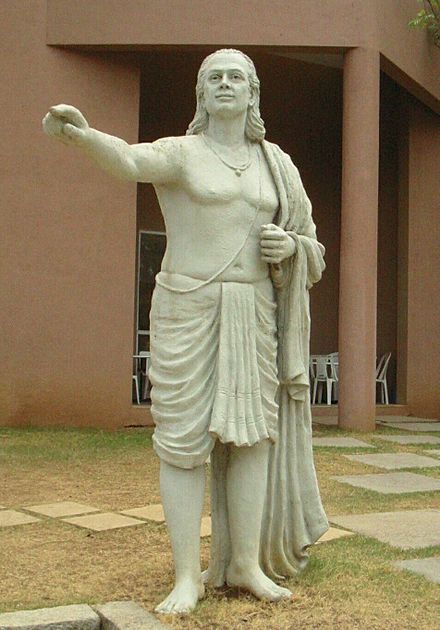
Aryabhata, an ancient Indian mathematician and astronomer, is known for his contributions to mathematics and astronomy. He developed the concept of zero and introduced the decimal system, which forms the foundation of modern mathematics. Aryabhata's works, such as the Aryabhatiya, had a profound influence on subsequent mathematical and astronomical research.
2. Srinivasa Ramanujan (1887-1920)
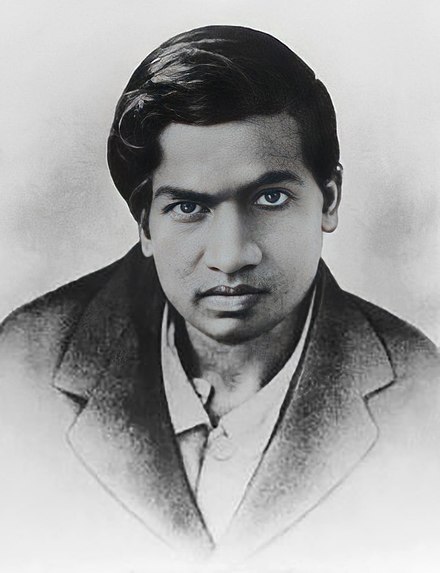
READ ALSO » Top 10 Richest Men In Indian And Their Net Worth
Srinivasa Ramanujan, a self-taught mathematical genius, made significant contributions to number theory, mathematical analysis, and infinite series. Despite having no formal training, Ramanujan independently discovered numerous theorems and formulas that continue to be studied by mathematicians to this day. His collaboration with British mathematician G.H. Hardy led to groundbreaking discoveries and elevated him to international acclaim.
3. Homi J. Bhabha (1909-1966)
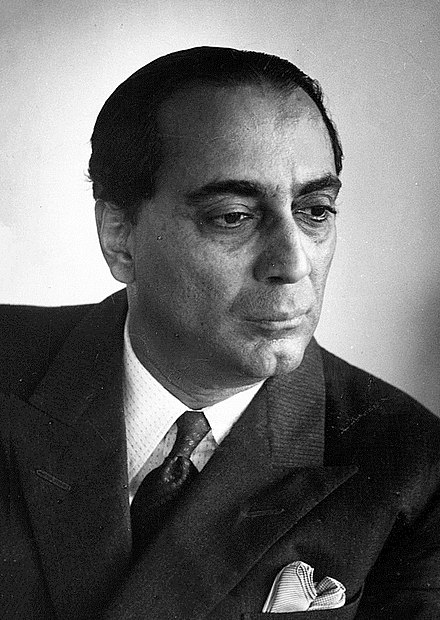
Homi J. Bhabha was a prominent Indian physicist who played a crucial role in the development of India's nuclear program. He made significant contributions to quantum theory and cosmic ray physics, leading to the formulation of the Bhabha scattering and the Bhabha-Heitler theory. Bhabha also established the Tata Institute of Fundamental Research (TIFR) and the Atomic Energy Establishment, laying the foundation for India's nuclear research program.
4. Vikram Sarabhai (1919-1971)
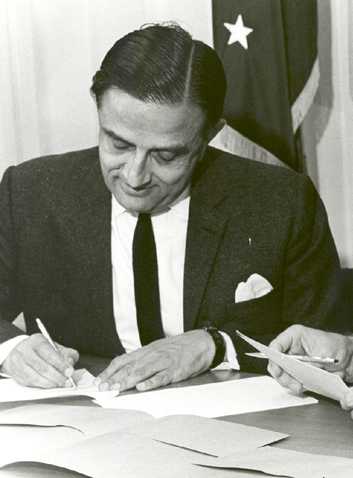
Vikram Sarabhai is considered the father of India's space program. He played a pivotal role in the establishment of the Indian Space Research Organisation (ISRO) and initiated several space projects. Sarabhai's contributions include the successful launch of the first Indian satellite, Aryabhata, and the establishment of India's first satellite communication network. His vision and leadership have shaped India's space exploration endeavors.
5. APJ Abdul Kalam (1931-2015)
Dr. APJ Abdul Kalam, a renowned scientist and the 11th President of India, made significant contributions to India's defense and space programs. Known as the Missile Man of India, Kalam played a vital role in the development of India's first indigenous satellite launch vehicle and ballistic missile systems. He also contributed to the successful Pokhran-II nuclear tests, establishing India as a nuclear power.
6. C. V. Raman (1888-1970)
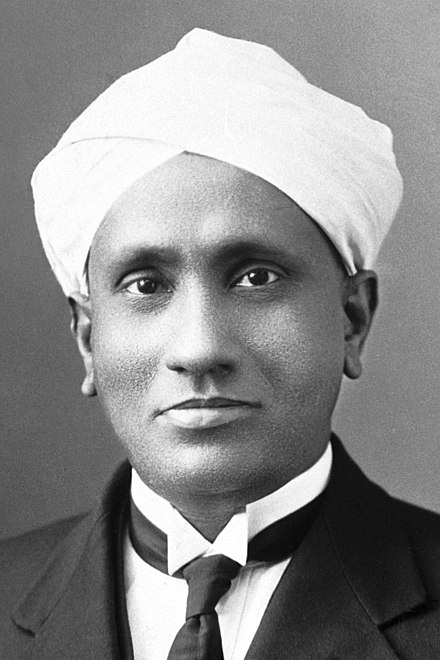
Chandrasekhara Venkata Raman, widely known as C. V. Raman, was a Nobel laureate physicist who discovered the phenomenon of Raman scattering, which explained the scattering of light by molecules. This groundbreaking discovery established the field of Raman spectroscopy, enabling scientists to study the vibrational and rotational modes of molecules. Raman's work had a profound impact on physics, chemistry, and biology.
7. Satyendra Nath Bose (1894-1974)
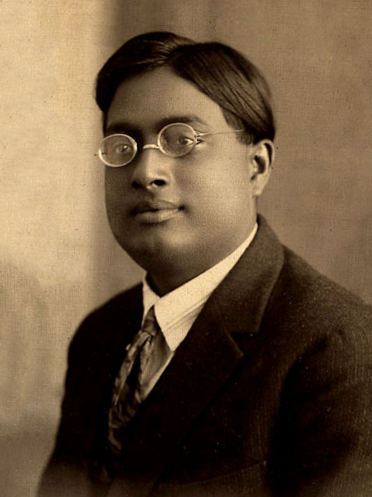
Satyendra Nath Bose was an eminent physicist who worked closely with Albert Einstein and made significant contributions to the field of quantum mechanics. He developed a statistical formulation known as Bose-Einstein statistics, which describes the behavior of particles that follow Bose-Einstein statistics, now known as bosons. Bose's work paved the way for the discovery of the Higgs boson and laid the foundation for the field of
8. Jagdish Chandra Bose (1858-1937)
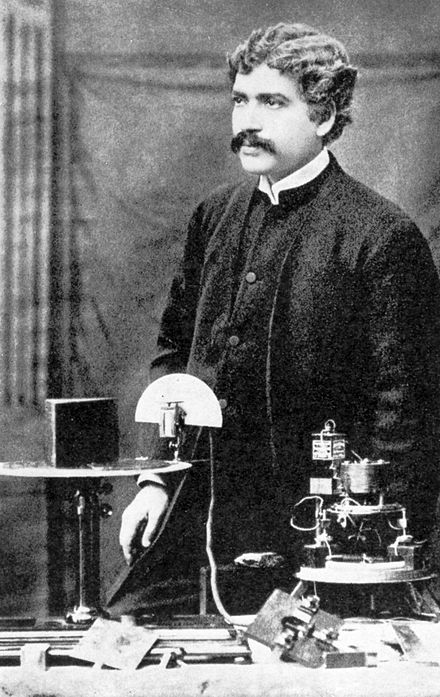
Jagdish Chandra Bose was a multifaceted scientist who made significant contributions to various fields, including physics, biology, and archaeology. He is known for his research on radio waves and the development of early wireless communication devices. Bose also conducted pioneering studies on plant physiology, demonstrating that plants have similar responses to stimuli as animals. His research laid the foundation for modern biophysics.
9. Har Gobind Khorana (1922-2011)
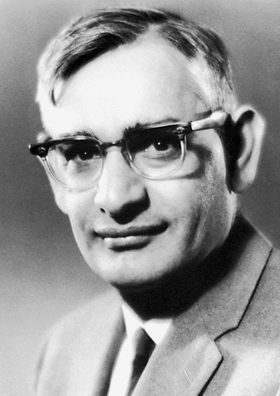
READ ALSO » Top 10 Best Female Scientists And Mathematician's In The World
Har Gobind Khorana was a biochemist and Nobel laureate known for his work on the interpretation of the genetic code and protein synthesis. Khorana played a crucial role in deciphering the genetic code, which led to advancements in the field of molecular biology. His research laid the groundwork for the synthesis of artificial genes and paved the way for genetic engineering and the development of new medical treatments.
10. Chandrasekhara Venkata Ramanujan (1887-1920)
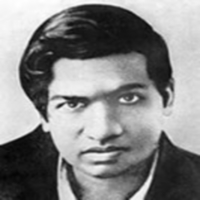
Chandrasekhara Venkata Ramanujan, often referred to as S. Ramanujan, was a brilliant mathematician who made extraordinary contributions to number theory, mathematical analysis, and the theory of partitions. Ramanujan independently discovered and formulated thousands of theorems, identities, and equations that have had a profound impact on the field of mathematics. His work has inspired generations of mathematicians and continues to shape mathematical research.
These ten great Indian scientists have left an indelible mark on the world of science and have made immense contributions to their respective fields. From ancient mathematicians like Aryabhata and Ramanujan to modern-day pioneers like APJ Abdul Kalam and Vikram Sarabhai, these scientists have propelled India's scientific progress and inspired countless individuals to pursue careers in science and research. Their groundbreaking discoveries and innovative thinking have not only elevated India's scientific stature but have also contributed to the advancement of knowledge and the betterment of society on a global scale. These scientists serve as a testament to the immense talent and intellectual prowess that India has produced over the centuries, making a lasting impact on the world of science and inspiring future generations to push the boundaries of knowledge even further.
